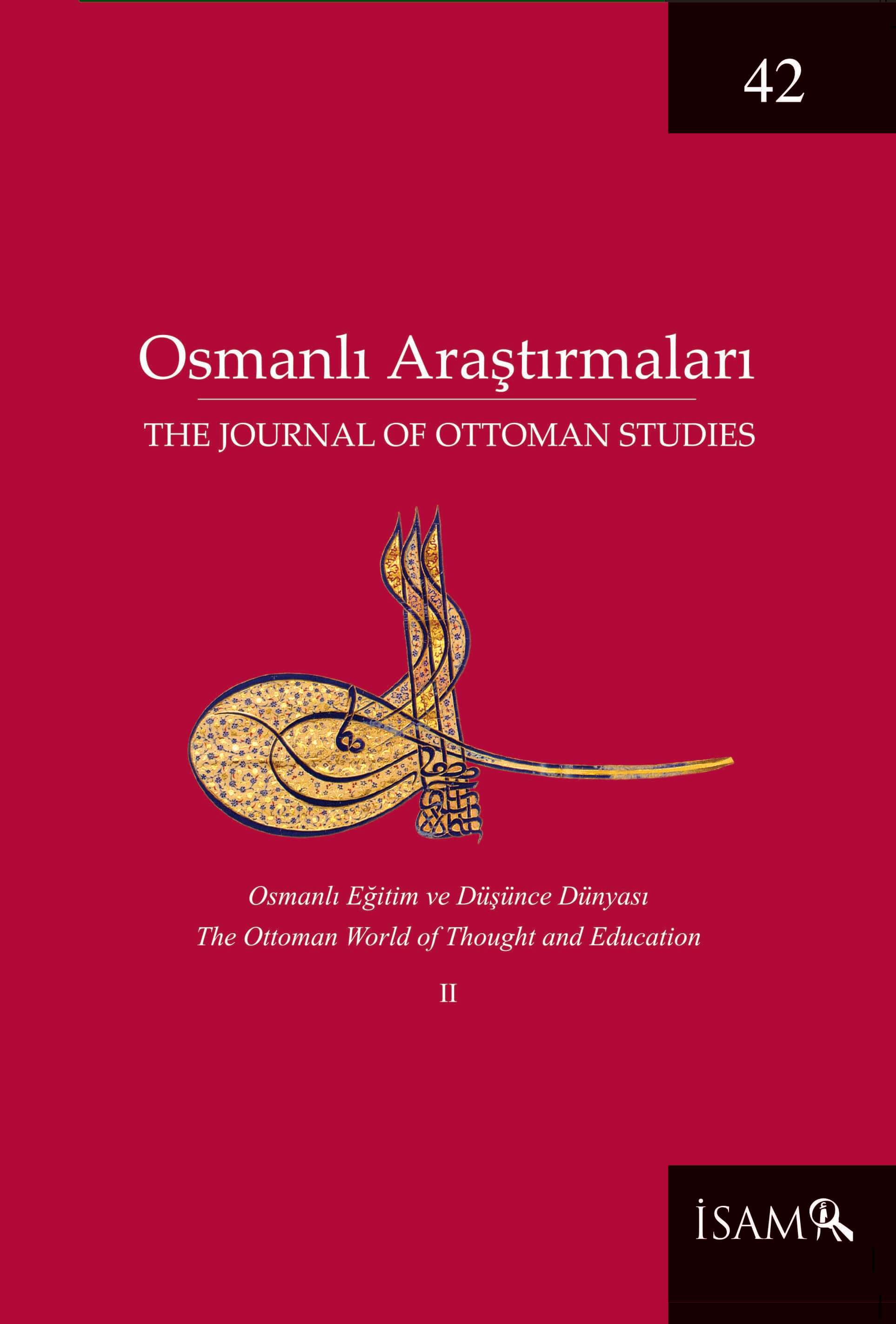The Causes of Rural Migrations in 18th Century Ottoman Society
Keywords:
Voluntary Migrations, Taxpaying Subjects, Life-Term Revenue Tax Farming, Tax-Exempt Ruling Class, Provincial Administration, Distribution and Collection of TaxesAbstract
Voluntary migrations in Ottoman society have always taken place side by side with the forced migrations imposed by the state. In spite of sultanic decrees forbid- ding free migrations even from the time of Sulaiman the Lawgiver, this kind of social mobility was unstoppable. Rural migrations in the 18th century are closely associated with changes that took place in the socio-economic structure of the Ottoman society of that time. Characterized by the monetarization of the economy and the weakening of the central administration, this period included attempts by the Ottoman State to extend life-term revenue tax farming, a practice designed to collect taxes destined for the central treasury in cash. The practice enabled the strengthening of both the tax-exempt ruling class and the local power holders who acted as their associates and representatives. The consequences of this development involved the misuses of provincial administrators, the practice of illegal tax collection and the loss of security, etc., all of which played influential roles in 18th century rural migrations.




